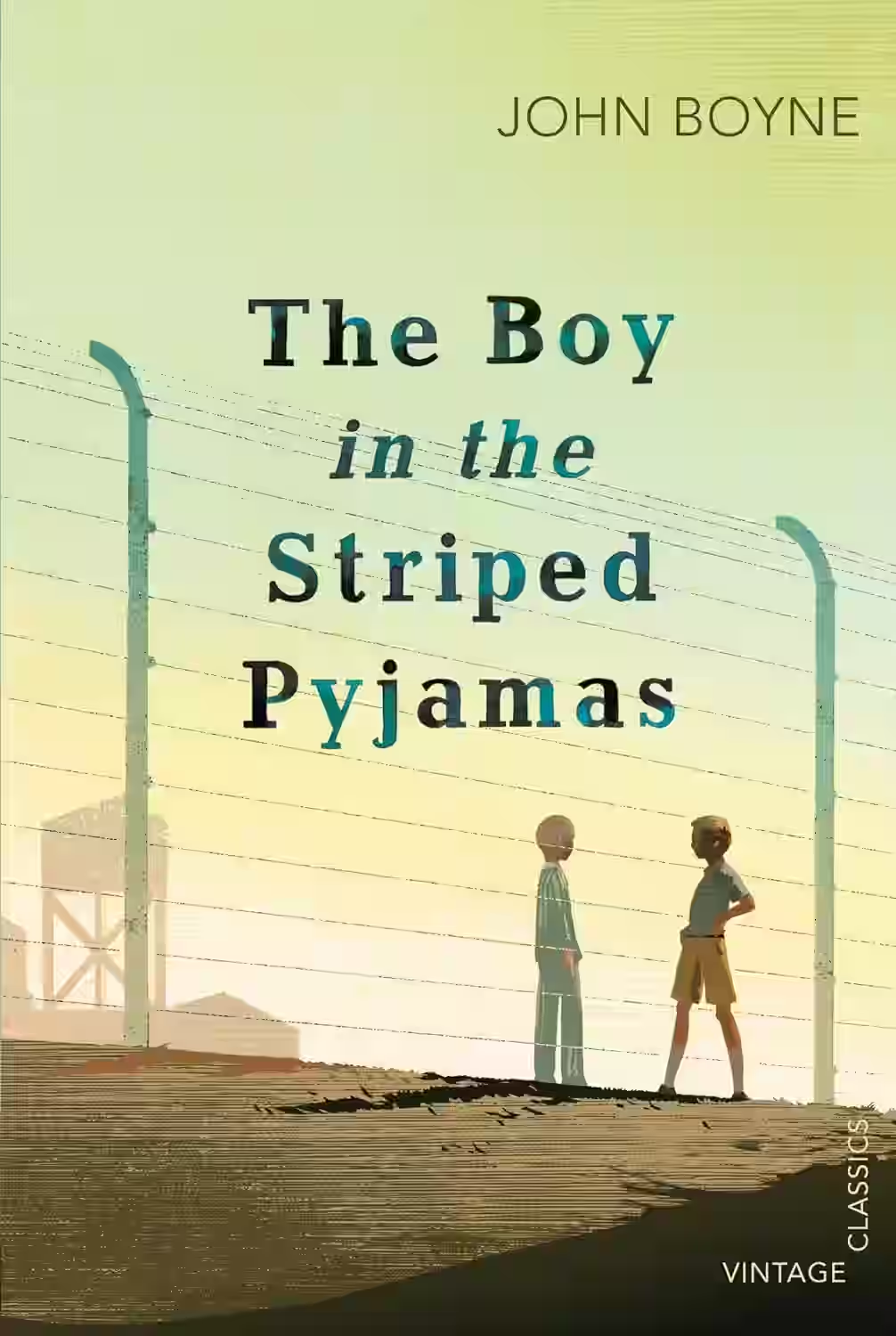
John Boyne's "The Boy in the Striped Pajamas" is a poignant historical novel that explores the unlikely friendship between two boys during World War II. Set against the backdrop of the Holocaust, the story is told through the innocent eyes of Bruno, a young boy whose father is a Nazi commandant. Unaware of the horrors surrounding him, Bruno befriends Shmuel, a Jewish boy imprisoned in the Auschwitz camp, visible from Bruno's new home. The narrative unfolds with a sense of looming tragedy, examining themes of innocence, prejudice, and the stark contrast between ignorance and the brutal reality of war. Boyne's simple yet impactful prose invites readers to grapple with the moral complexities and emotional depths of its characters, leaving a lasting impact through its heart-wrenching climax.
About John Boyne
An Irish author known for his emotionally resonant novels that often explore themes of childhood innocence in the face of historical trauma. His bestselling book, The Boy in the Striped Pyjamas, brought the Holocaust to a young audience with a poignant and controversial perspective. Boyne's storytelling often tackles difficult subjects with sensitivity and explores the complexities of human experience during times of conflict.
Other Books by John Boyne
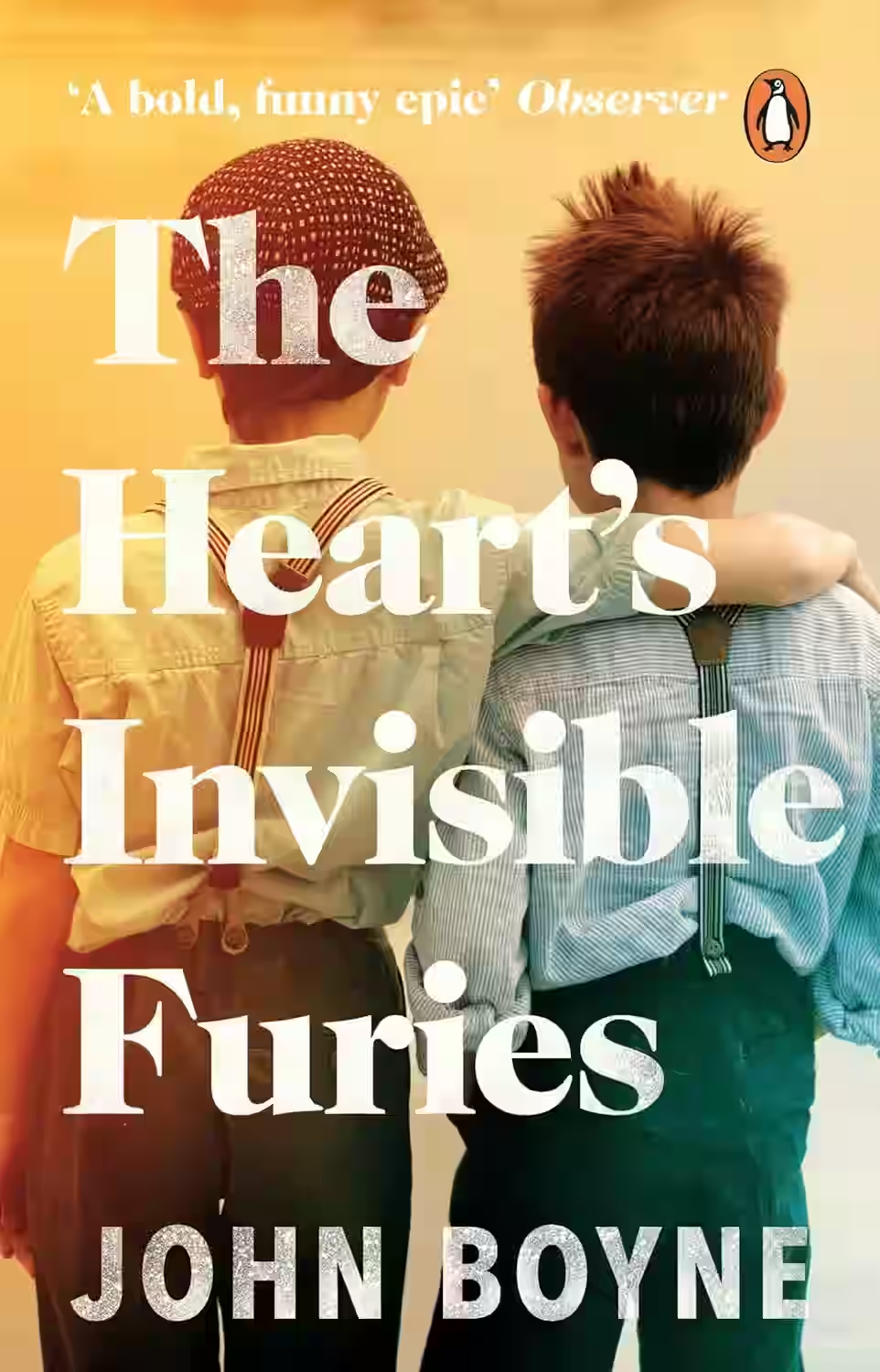
The Heart's Invisible Furies
by John Boyne
Cyril Avery isn’t a real Avery—or so his adoptive parents insist. Born to a teenage girl shunned by her Irish village, Cyril is adopted by eccentric Dubliners through the help of a hunchbacked nun. Growing up feeling like an outsider, he clings to his friendship with the charismatic Julian Woodbead, even as life sends him through decades of upheaval, love, loss, and self-discovery. Spanning Ireland from the 1940s to the present, The Heart’s Invisible Furies is a sweeping, emotional journey of identity, belonging, and resilience. With humor and heartbreak, John Boyne crafts a deeply human story of redemption and hope.
Similar Books
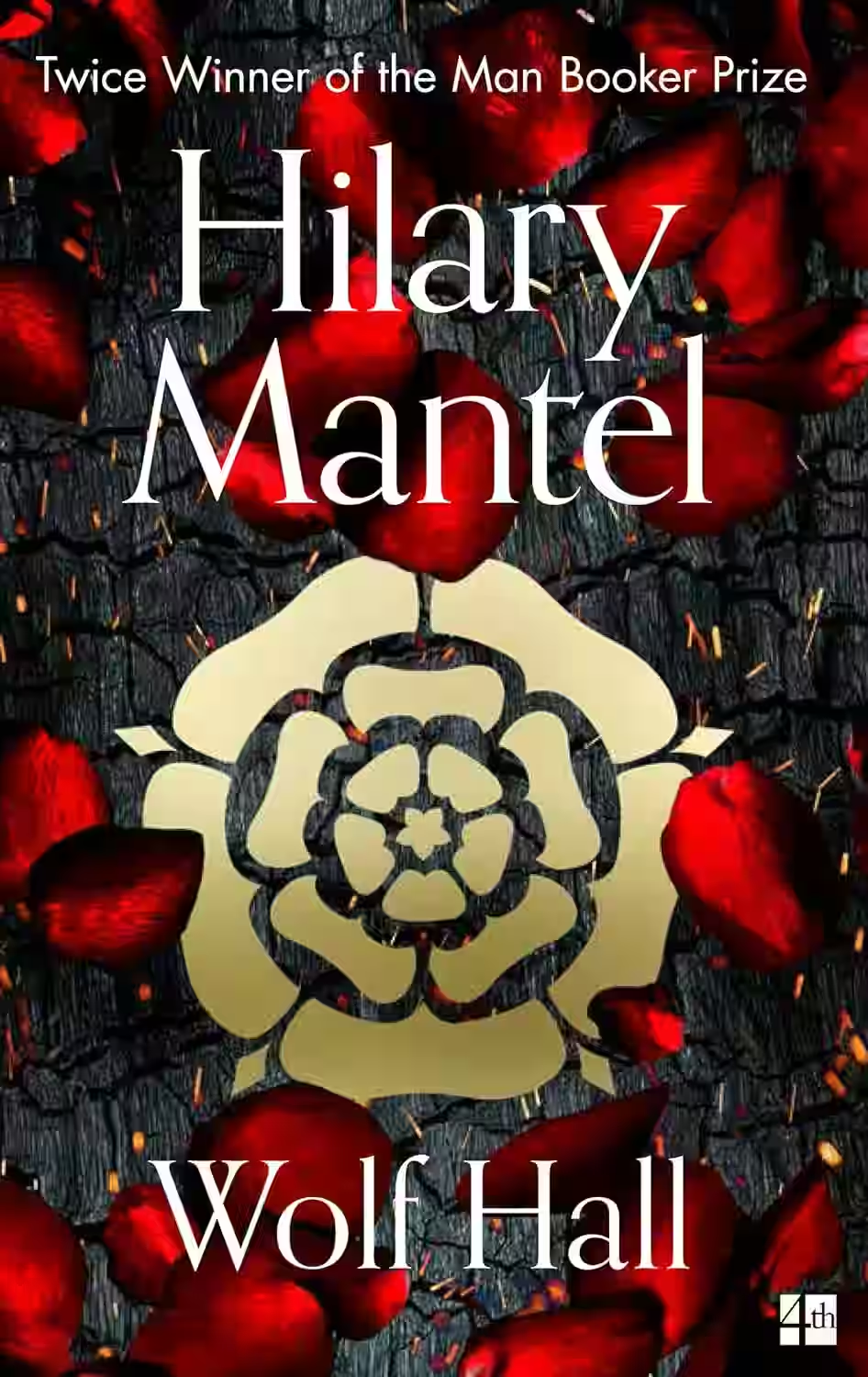
Wolf Hall
Series: The Wolf Hall Trilogy (#1)
England in the 1520s is a heartbeat from disaster. If the king dies without a male heir, the country could be destroyed by civil war. Henry VIII wants to annul his marriage of twenty years and marry Anne Boleyn. The pope and most of Europe opposes him. Into this impasse steps Thomas Cromwell: a wholly original man, a charmer and a bully, both idealist and opportunist, astute in reading people, and implacable in his ambition. But Henry is volatile: one day tender, one day murderous. Cromwell helps him break the opposition, but what will be the price of his triumph?
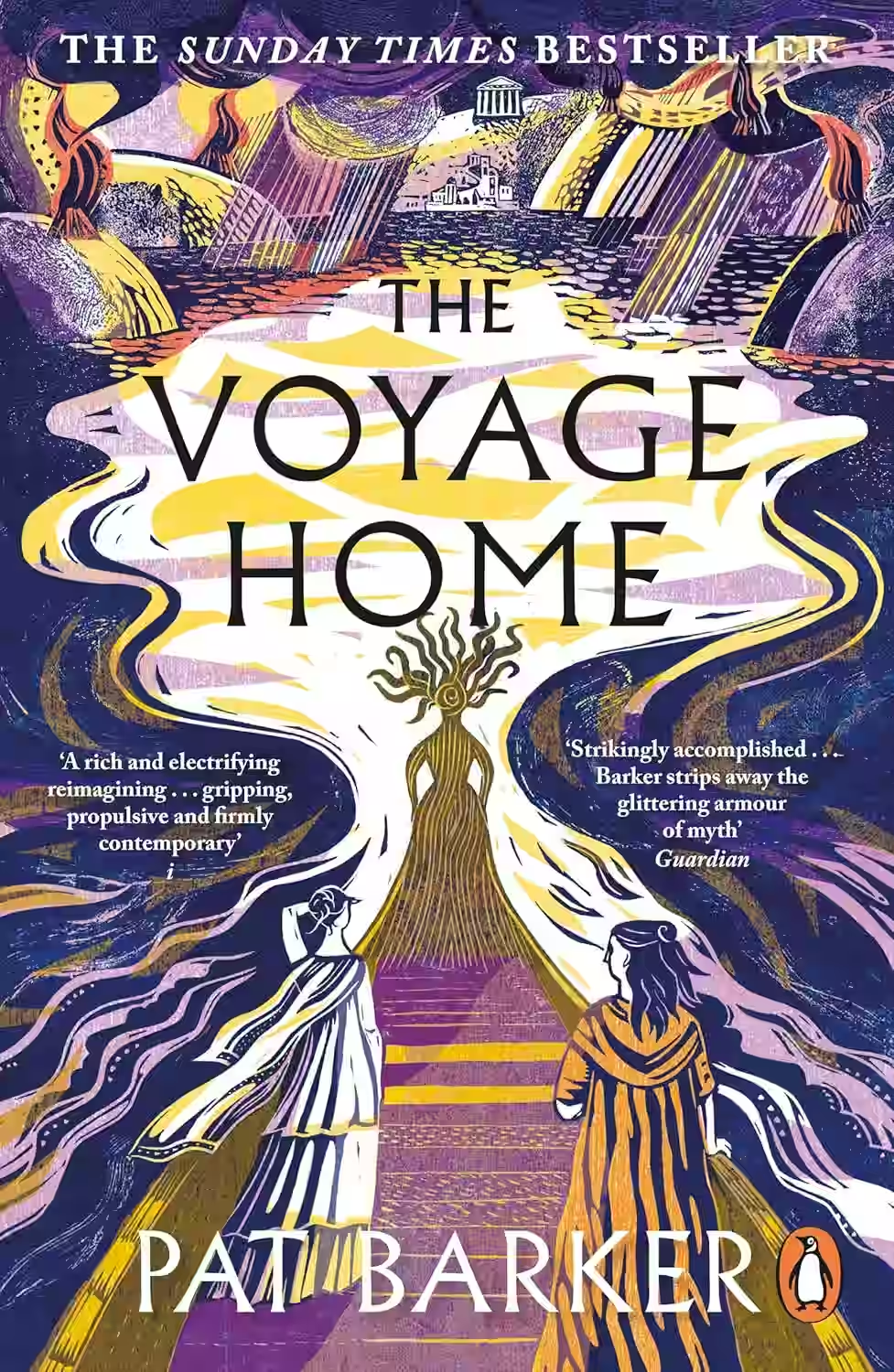
The Voyage Home
by Pat Barker
Series: The Women of Troy (#3)
In 'The Voyage Home', Pat Barker masterfully explores themes of identity, trauma, and the relentless quest for self-discovery in a post-war world. Set against the backdrop of a society trying to piece itself back together, the narrative follows a diverse ensemble of characters grappling with their pasts as they seek a sense of belonging and purpose. Barker's lyrical prose intricately weaves personal stories with broader historical context, creating a vivid tapestry of human resilience and vulnerability. The novel's introspective nature coupled with its emotionally charged journey invites readers to reflect on their own paths and the complex interplay between memory and healing.
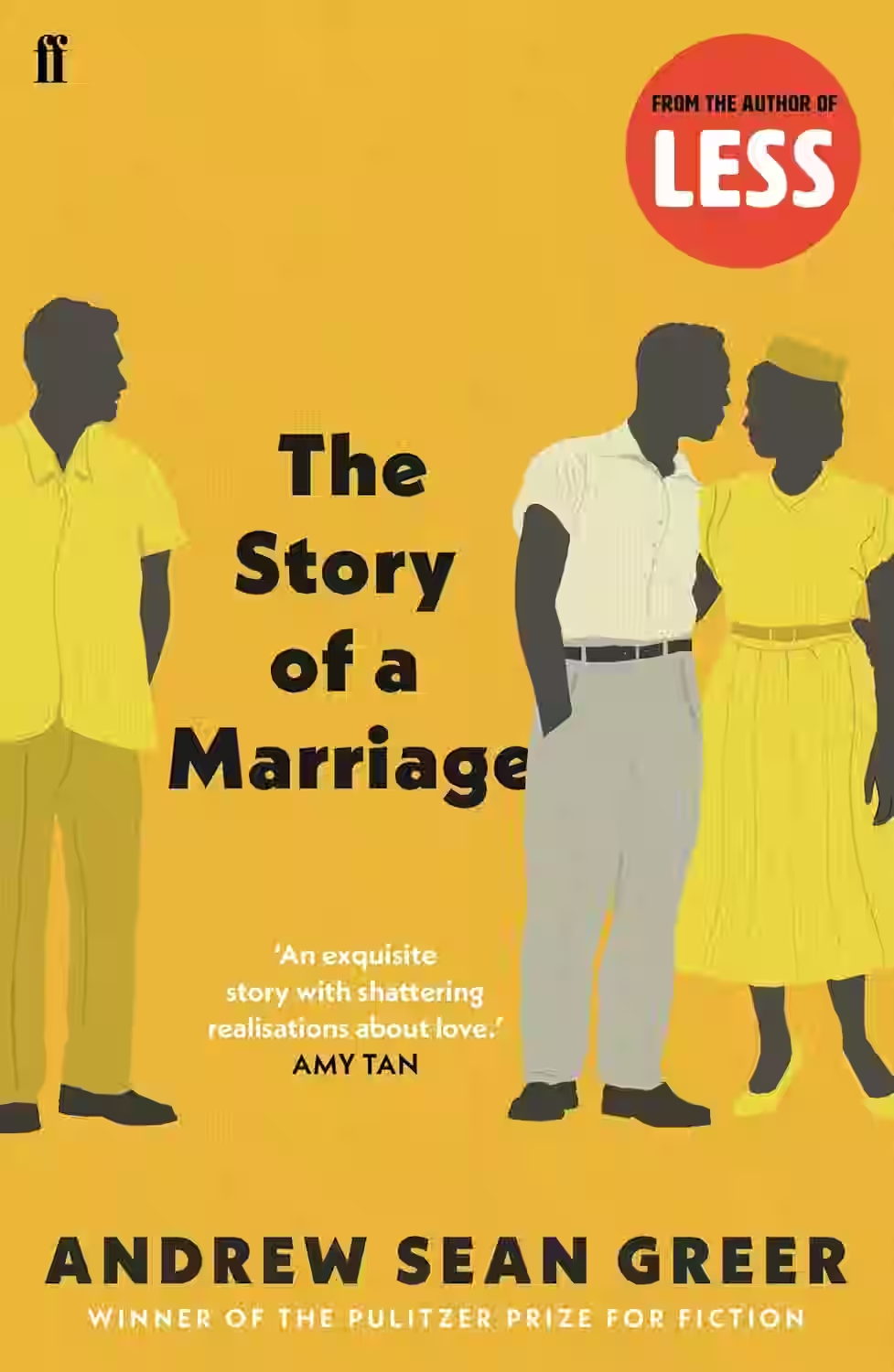
The Story of a Marriage
Set against the backdrop of 1950s San Francisco, 'The Story of a Marriage' by Andrew Sean Greer intricately weaves a narrative exploring the complexities of love, trust, and the pursuit of happiness. The novel is centered around Pearlie Cook, a quiet and dutiful wife managing a fragile domestic life. As secrets unravel, Pearlie is faced with choices that challenge her understanding of fidelity and truth in her marriage. Greer masterfully crafts a poignant exploration of personal and societal expectations, as well as the sacrifices made for love. The story's emotional depth, combined with Greer's evocative prose, makes it a compelling read that resonates with timeless themes of human connection and resilience.
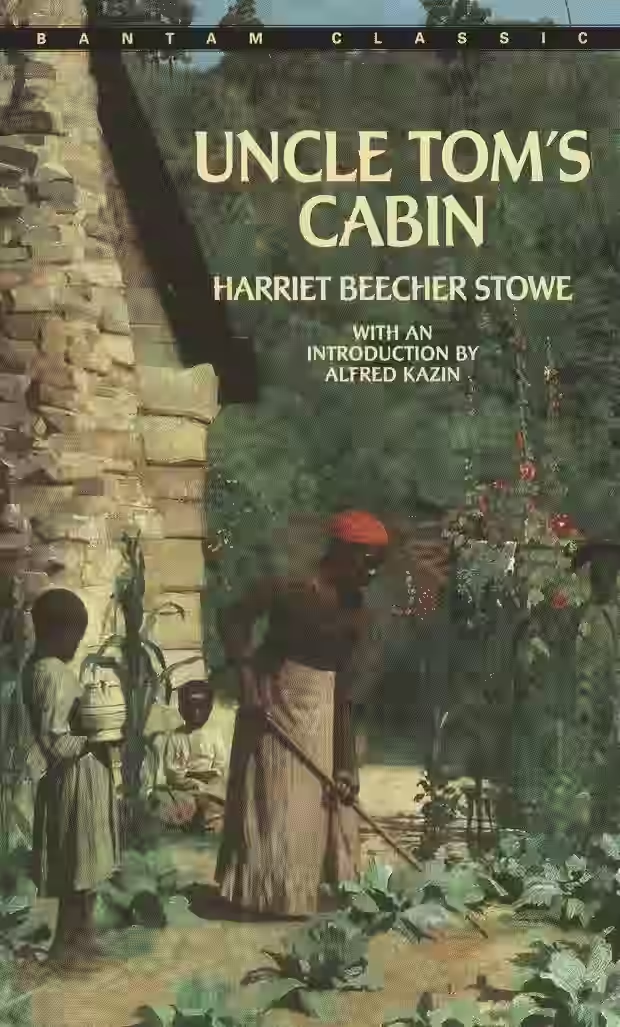
Uncle Tom’s Cabin
A landmark anti-slavery novel, Uncle Tom’s Cabin tells the story of enslaved man Tom and the brutal realities of slavery in 19th-century America. With vivid characters and emotional power, it galvanized abolitionist movements and shaped public opinion like no other book of its time. Though controversial for its portrayals today, it remains a pivotal work in American literature and history, sparking empathy and national debate.